Thanks to Emperor Napoleon and his infamous Grand Cru Classification of 1855, traditional winemaking methods have been upheld to ensure the quality and reputation of Bordeaux wines.
But this didn’t leave much room for change and innovation.
New Guide: Dive deeper into Bordeaux’s Wines and Region with Wine Folly’s new Bordeaux Region Guide.
So, with climate change and a new generation of winemakers doing things differently around the globe, Bordeaux producers are deciding whether to stick to the rules, or do something different. (Now more than ever, since both national and international sales have fallen over this last year).
Fortunately, several small vineyards are leading the charge by transforming the ways they produce, sell, and market their wines. Let’s take a look at three wineries breaking the mold in Bordeaux.
Forbidden Fruit
In 1936, the AOC rules were altered and certain grapes were no longer grown, as they did not ripen during the past era’s climate.
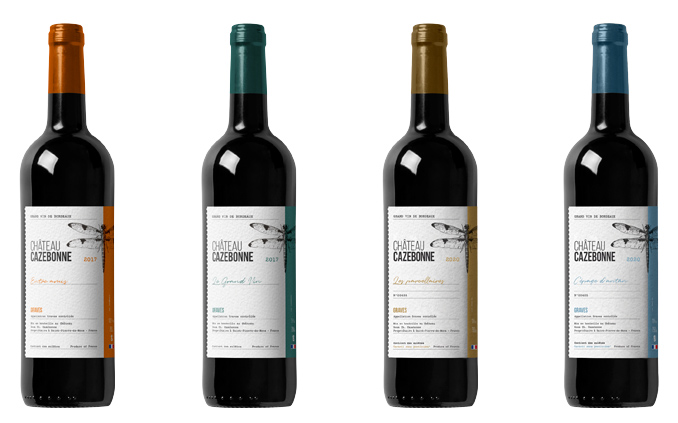
Some of these grape varieties included Saint-Macaire, Sauvignonasse, Castets, and Macins, among others. Now there is a rebel taking back these ancient grapes!
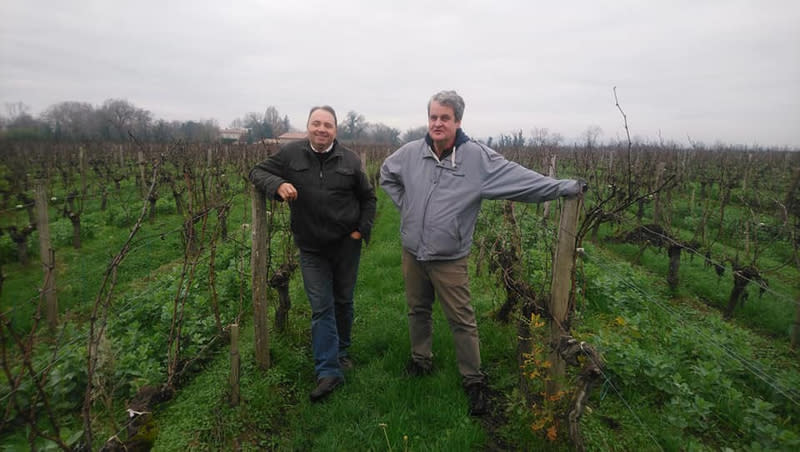
Jean-Baptist Duquesne, owner of the unique Chateau Cazebonne in Bordeaux’s Graves region, is giving new life to forgotten grapes. Once forbidden to use in Bordeaux wines, you can now taste some of the original flavors of the region.
Duquensne’s wines reinvigorate past traditions rather than relying on chemistry to sustain quality in modern Bordeaux. Plus, the grapes and wines are produced biodynamically.
Hi-Low Bordeaux
Bordeaux Superieur wines have a reputation for being inferior to neighboring Grand Crus, but some of them pack quite a punch!
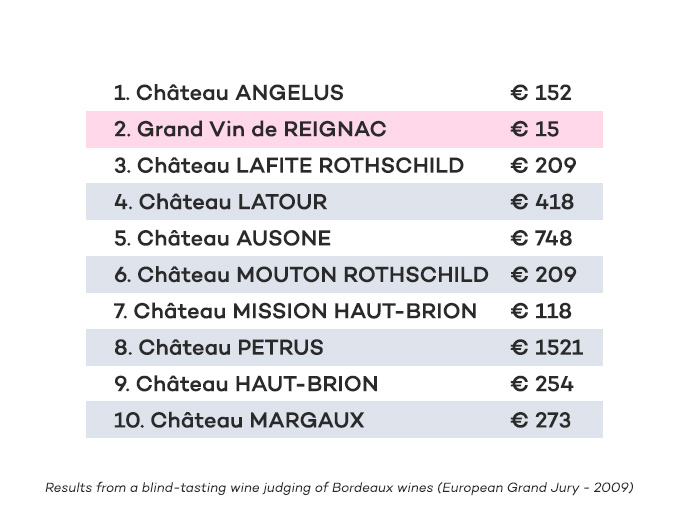
For example, Château de Reignac came in second place in a blind tasting against Grand Cru estates like Château Pétrus and Cheval Blanc. What’s great is that their wines have a much more accessible price tag.
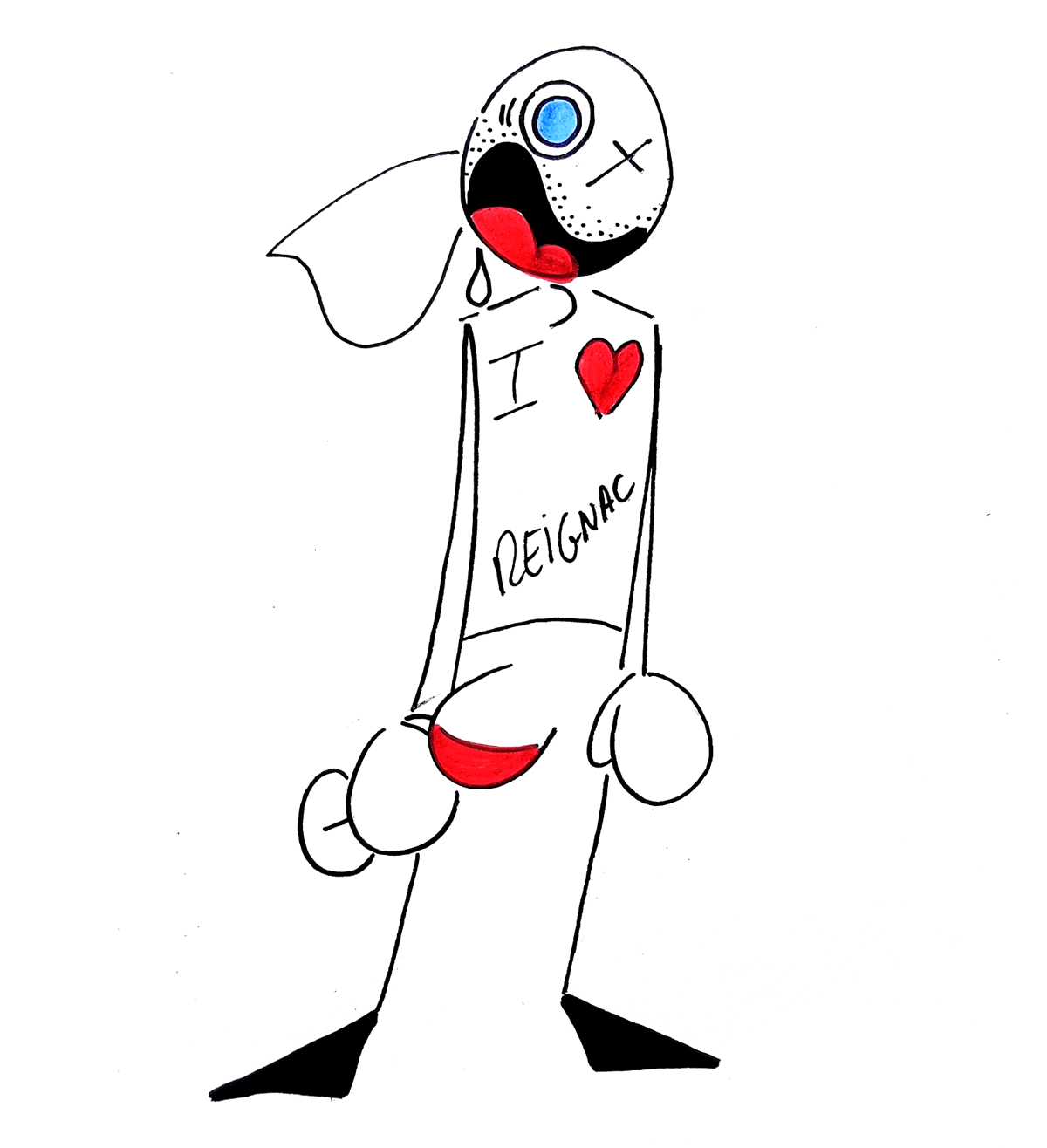
Embracing their hi-low reputation, Château de Reignac created a mascot, Reignyx. This is the hand-drawn convivial wino illuminates about life, death, and wine on social media. Reignyx also streams live on Facebook each week from the château.
And, Château de Reignac sells wine direct online, which means buyers and enthusiasts can find these wines beyond the local market.
Modernizing a Classic
In the sacred heart of the village of Saint-Émilion, you’ll find Cloître des Cordeliers. This is not a classic château, but the old ruins of a cloister from the 14th Century. Les Cordeliers has accomplished a small feat; they have revamped the image of sparkling white wine in Bordeaux!
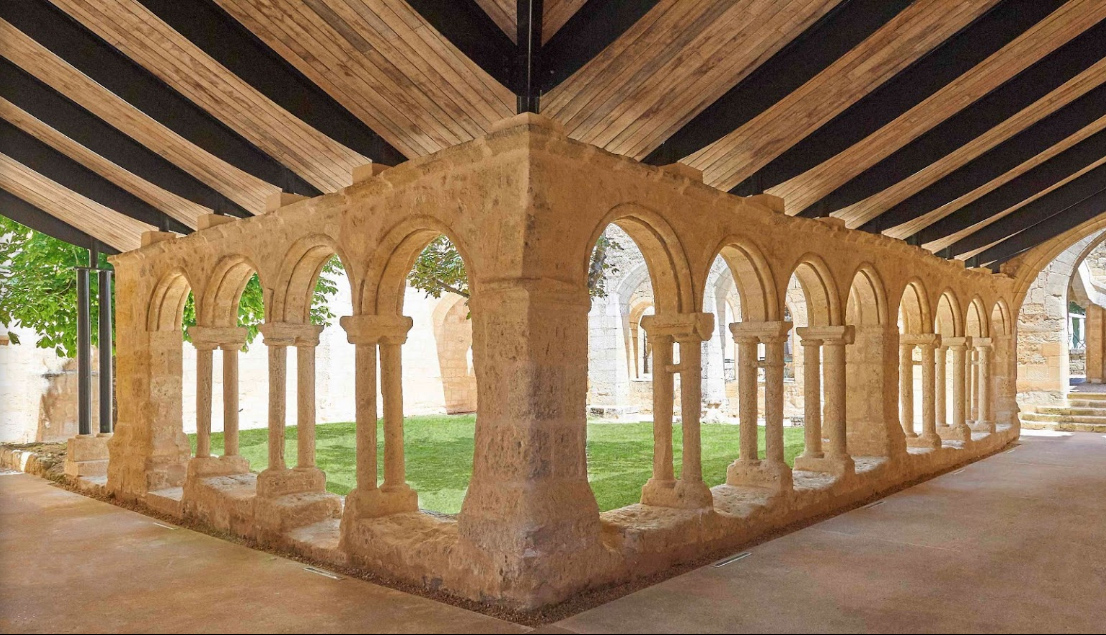
While winemakers keep the traditional Crémant recipe, visitors enjoy wines in a French picnic setting within the cloister’s limestone walls and ailing pillars.
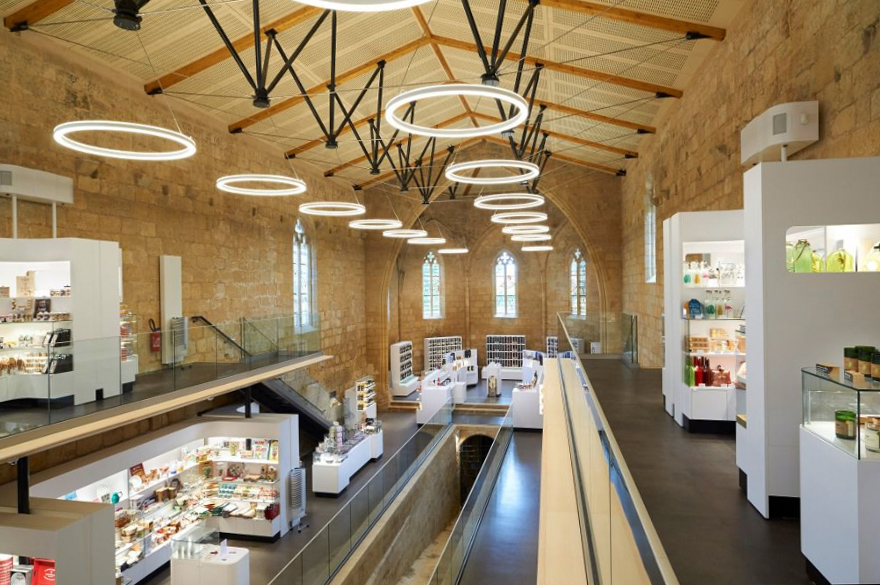
Within the Clos, parts of the ruin have been transformed into a large boutique and tasting lounge with a restaurant. Future plans include a music stage and bar and is anticipated by 2021.
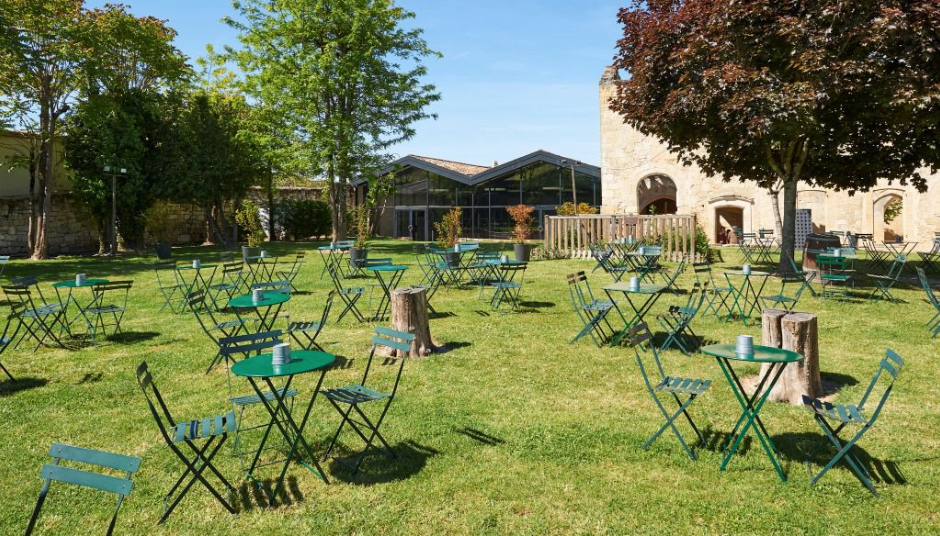
For Bordeaux, this is practically unheard of. The “dine and wine” hospitality approach is a New World wine tourism advent; the monks are rolling in their graves!
A New Old World is Coming
Old World and New World techniques both bring something to the table, and not just the wine! From ancient ruins to funky arty wine labels, ancient and modern methods are now colliding, mirroring, and influencing one another. It’s a world of wine and one that we are all lucky to enjoy!